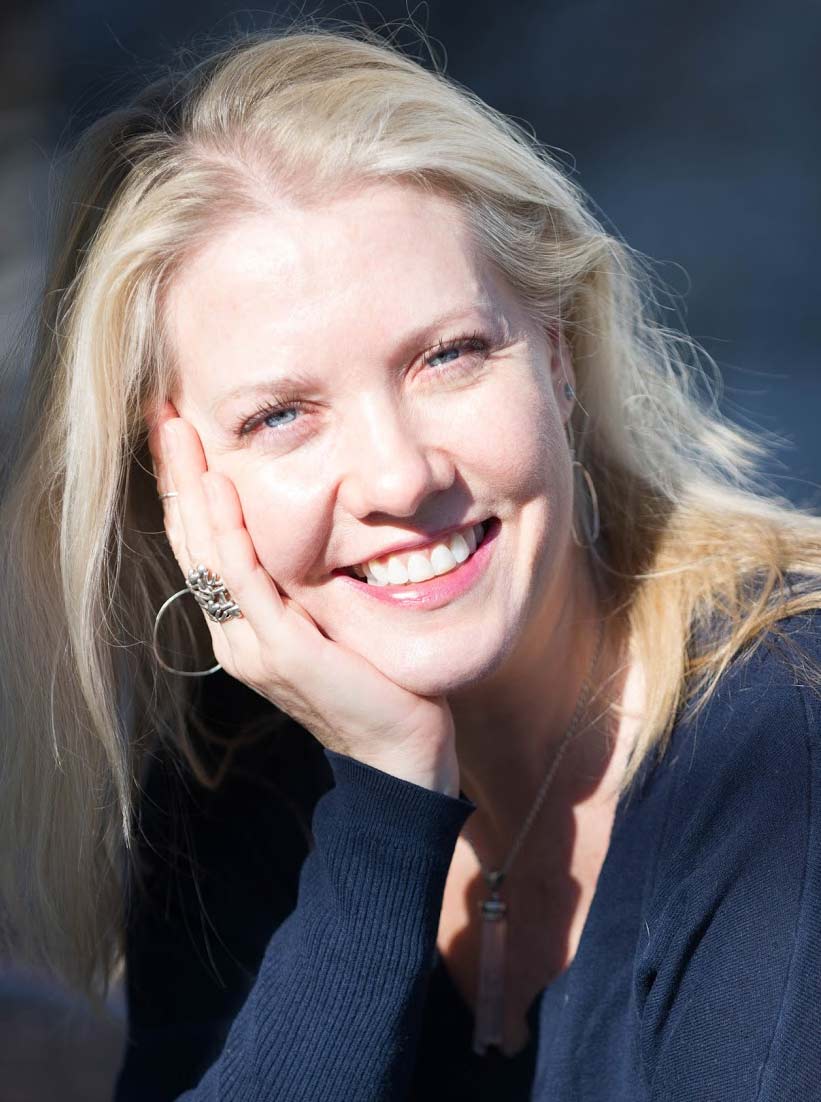What is a Coach?
Coaching is a conversation, a dialogue, whereby the coach and the individual interact in a dynamic exchange to achieve goals, enhance performance and move the individual forward to greater success.
---Zeus and Skiffington
Are Coaching and Counseling the same thing? Absolutely not. While Coaching is a modality that can be applied by counselors and therapists, Counseling is a very different profession. Both Coaches and Counselors affect change in their clients. However, there is a difference in the way Counselors and Coaches approach the issue of change with their clients. The Counselor's job is to assist the client therapeutically in setting and achieving goals, helping the client to develop insight into internal blocks and overcome them along the way. The Coach's job is to assist the client motivationally in overcoming blocks and setting and achieving goals. Therapy is generally more concerned with the client's past -- working through trauma, blocks, earlier experiences, etc., whereas coaching is generally more concerned with the present and future -- setting clear goals and going about attaining them. John Whitmore, author of Coaching for Performance, sums up the difference in terms of focus: "The boundary between coaching and counseling is mostly that coaching is mainly proactive and counseling is generally reactive."
Counseling and Coaching are both processes of assisting people, but in very different ways. Counseling is more focused on insight and understanding, whereas Coaching is more focused on movement and change. Sometimes people have a great deal of distress, and need healing. At times like these, therapeutic work must be done first if the motivational work is to be successful, but the therapeutic work alone, without the subsequent motivational work, is often not enough for clients to gain and maintain motivation.
Primary Functions of a Coach
The first and most important thing a coach can do is to give the client structure. Most people have an idea about what they want to do but do not know how to go about pursuing it. If a person in New York City wanted to drive to San Francisco, she would need a road map. Many people will have tried numerous times to set out on their journeys without a map, which is why they did not get very far. Or, alternatively, maybe they got quite far on their journey but then got lost, became frustrated, and finally had to stop to ask for directions. As a coach, you are the one who gives clients a map, the directions that enable them to begin their journey and head in the right direction. But, to continue the metaphor, maps often become outdated as roads are rebuilt. Or, if the driver's destination changes, new maps are needed. It is important to communicate to your clients that while an action plan is needed, the plan is never fixed. Part of the coaching process is to help clients revise their action plans, or maps, as their journeys progress.
The primary functions of a coach are:
- Assist in defining goals
- Provide structure
- Provide a map and directions
- Provide support
- Give encouragement
- Monitor and validate progress
The Coach's main job is to motivate a person to move forward toward their goals. They must be much more than a cheerleader, however. Coach's function as a support for their clients, while letting their clients know that it is ultimately themselves that they need to please. Ideally, clients will learn to "coach themselves" during their coaching process. When clients feel a sense of personal control and self-esteem, they are capable of achieving much more.
Coach's deal with the whole person, not just the one aspect the client wishes to change. Many Athletic Coaches work with athletes in just the one area in which the athlete is attempting to excel. For example, in baseball, there are hitting coaches, pitching coaches, fielding coaches, and running coaches. Many successful Olympic and professional athletic coaches, however, do believe in the connection between mind, body, emotion, and spirit, and thus believe that assisting the athletes in all areas will create a higher level of achievement.
Unlike an Athletic Coach, a Motivational Coach does not usually coach people in an explicitly competitive context. Clients tend to seek out Coaches to work on life goals or fulfill ambitions that they have long harbored. Some clients will want to work on specific projects that have a fixed ending point, however, even in this case, the goal is usually phrased in terms of personal achievement rather than winning. Likewise a Motivational Coach does not give technical training in a particular field, such as basketball or violin-playing. As a result, coaches are not expected to have technical knowledge relating to the clients' goals. In fact, technical knowledge on the part of the coach can often be a hindrance rather than a help, since it tempts the coach to apply his/her own biases and interpretations to the client's goals rather than working to facilitate the client's own insights.
Because the focus of coaching is on personal achievement, the goal of a good coach is to assist clients in utilizing their skills to the height of their potential. Clients come to Motivational Coaches in search of guidance and support. A successful Coach will give them much more, by helping them to articulate and realize their goals and ambitions, and to learn skills that will endure long after the coaching ends.
At times, we all become overwhelmed.
An effective coach, however, has to be able to help people see the end goal, to take one step at a time, rather than being overwhelmed by the issues.
---Byron and Catherine Pulsifer, from Common Traits of a Coach
